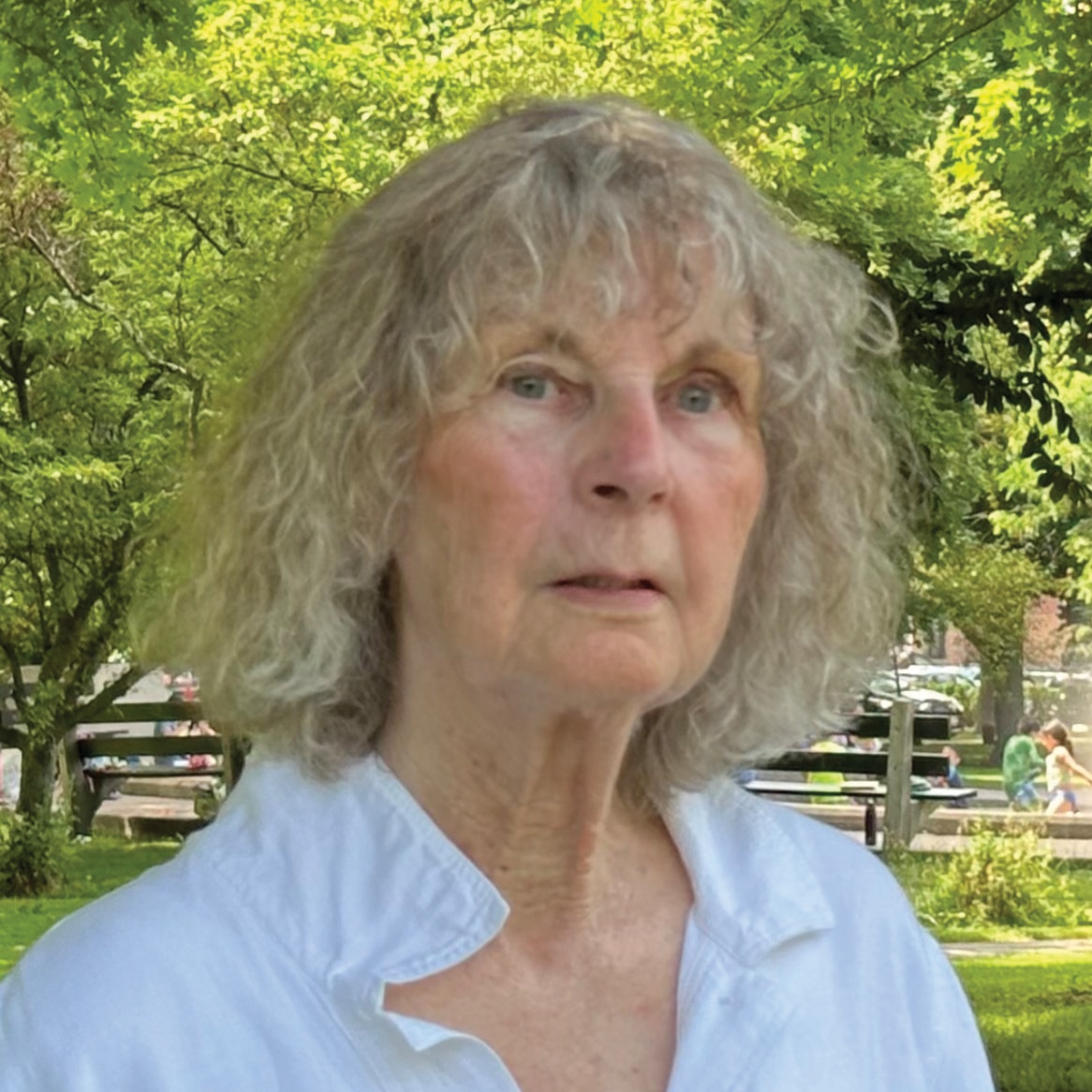Joanna Bodigor was only six years old in the spring of 2000 when her father died of a pulmonary embolism. “It was so sudden and unexpected, and since I was so young, it was difficult for me to understand what was truly happening,” she recalls. “I just remember wondering why everyone was shaking at the funeral and why they were telling me to say goodbye to my dad and that he wasn’t coming back.”
Bodigor’s mother signed her up for Camp Courage, a day camp in the Chicago area for children ages 6 to 13 who have lost a loved one. The one-week-long camp was created by Midwest Palliative and Hospice CareCenter, now part of a merger of three hospices called JourneyCare.
“Camp Courage was started in 1995 to help children grieve the loss of a loved one in a safe, supportive, fun environment,” says Kathleen Recchia, director of patient and family support services at JourneyCare. “They engage in activities to help them explore their feelings, share their concerns and connect with other youngsters their age who are also dealing with loss, so they know that they are not alone.”
The camp allows children to open up in a supportive environment. On the first day of camp, kids are asked to show the group a photo of their loved one and perhaps share a memory of the person. “Some, especially young ones, come up with a big smile and are very excited about sharing; some are very shy; and some will be very tearful, but as camp progresses, kids begin to open up,” says Daniel Sterdt, a bereavement counselor with JourneyCare.
Bodigor remembers connecting with fellow campers. “I remember we sat on benches, and someone played the guitar and we all sang ‘Lean on Me.’ I had a play date with a friend I made at camp, and I told her how my dad died, and she told me how her mom died.”
Like all the other campers, Bodigor made a memory box. “I put photos in it, a little toy helicopter because my dad was interested in technology, other small things and a necklace made out of his rosary,” she says. “I decorated the box with butterflies because my grandma said that they were our loved ones watching over us. Later if I was missing my dad, I’d look in the box and see everything that reminded me of him. It helped to make me happy and remember the positive things he did, instead of the negative ones because he passed away.”
Art and music therapists offer activities to help campers process their grief. “We have a variety of activities because with different mediums of expression, the kids are bound to hit on one that helps them to open up,” Sterdt says.
Camp has a lighter side, too. “Youngsters grieve in spurts, so we play sports and games and have snacks because we want kids to know that it’s still okay to have fun,” Sterdt says.
“The reactions of children to the loss of a loved one and the way they grieve are entirely unique to each of them,” he says. “Some don’t understand the concept of death and think the loved one is going to come back; some take on the burden of protecting a surviving parent; some may think they’re responsible for the death; some may cling to the surviving parent or family member because they are afraid they will disappear, too; some think something bad is going to happen to them because something bad happened to their father or a little brother. There is anxiety because of the immense change, so we validate their anxiety and sadness, but our number one goal is to reassure them that they will still be loved and protected.”
Bodigor, who is now a student at North Central College in Naperville, has volunteered as a counselor at Camp Courage for the past three summers. “Thinking back, I saw how it helped me, and I wanted to give back,” she says. “We let campers know that they are supported and, without going into the deep psychology of their feelings, we prompt them to talk if they want to and let them know that we are there to help if they need it.”
She remembers one boy’s emotional breakthrough when the campers made imaginative grief gadgets using old toys, cell phones, remote controls and other discarded items to help them commemorate or communicate with their deceased loved ones. “During camp he was quiet the entire time,” she says. “But when he got into making a grief gadget, he got very creative with it and connected it to his loved one who had passed away. He went around showing it to everyone.”
Family members are invited to a celebration on the last day of camp when kids show off their creations such as paintings, poems or songs inspired by the beloved family member they have lost. The ceremony is followed by music, games and refreshments.
Sterdt says, “Rather than giving kids the tools they need for the grief process, we highlight the tools they already have in their tool box and enable them to find hope and comfort by digging down deep and recognizing that which is already within their power.”
Camp Courage takes place at YMCA Camp Duncan, Ingleside, July 11–15, and Jesse White Community Center, Chicago, Aug. 15–19. 224-770-CARE.
Originally published May 2, 2016

Nancy Maes, who studied and worked in France for 10 years, writes about health, cultural events, food and the healing power of the arts.










